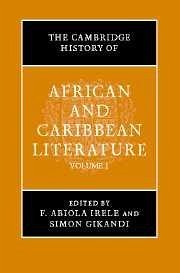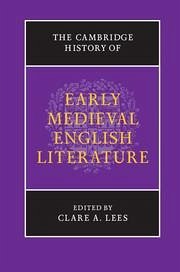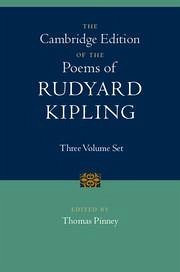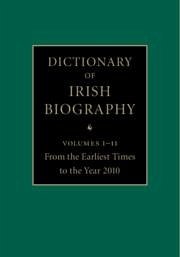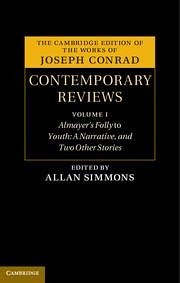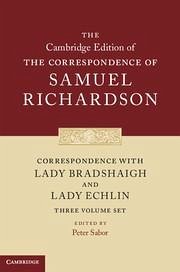Nicht lieferbar
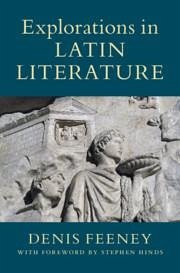
Denis Feeney
Broschiertes Buch
Explorations in Latin Literature 2 Hardback Volume Set
Versandkostenfrei!
Nicht lieferbar




A collection of all the major papers by a leading Latinist, on key ancient genres and theoretical issues.
Denis Feeney is Giger Professor of Latin in the Department of Classics at Princeton University. His publications include The Gods in Epic (1991); Literature and Religion at Rome (Cambridge, 1998); Caesar's Calendar (2007); Beyond Greek (2016). He was also a Series Editor, with Stephen Hinds, of Roman Literature and its Contexts for Cambridge University Press. He is a Fellow of the British Academy and Member of the American Academy of Arts and Sciences and has held Fellowships from the Guggenheim Foundation and the American Council of Learned Societies.
Produktdetails
- Verlag: Cambridge University Press
- Seitenzahl: 800
- Erscheinungstermin: 7. Oktober 2021
- Englisch
- ISBN-13: 9781108668200
- ISBN-10: 1108668208
- Artikelnr.: 60898381
Herstellerkennzeichnung
Libri GmbH
Europaallee 1
36244 Bad Hersfeld
gpsr@libri.de
Für dieses Produkt wurde noch keine Bewertung abgegeben. Wir würden uns sehr freuen, wenn du die erste Bewertung schreibst!
Eine Bewertung schreiben
Eine Bewertung schreiben
Andere Kunden interessierten sich für




